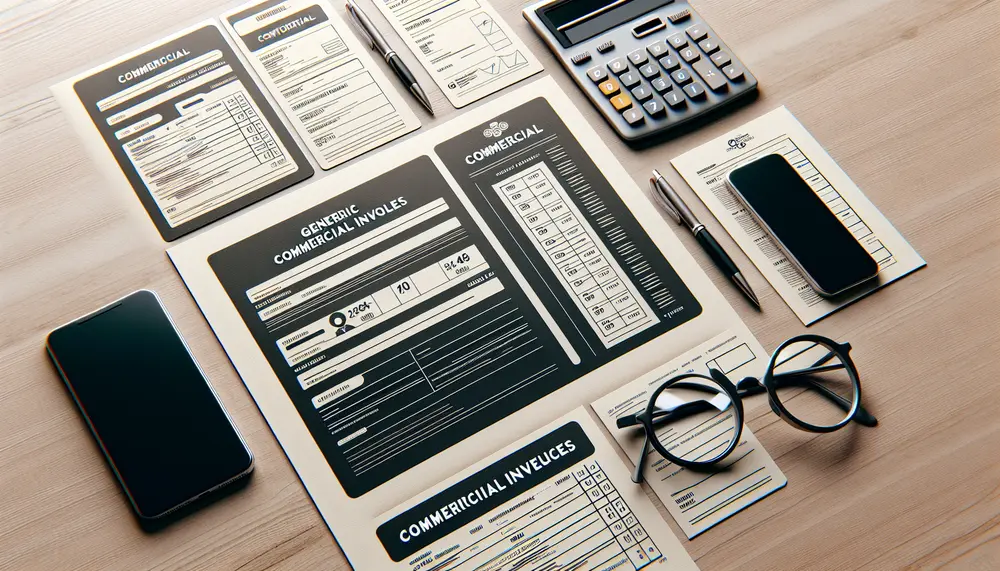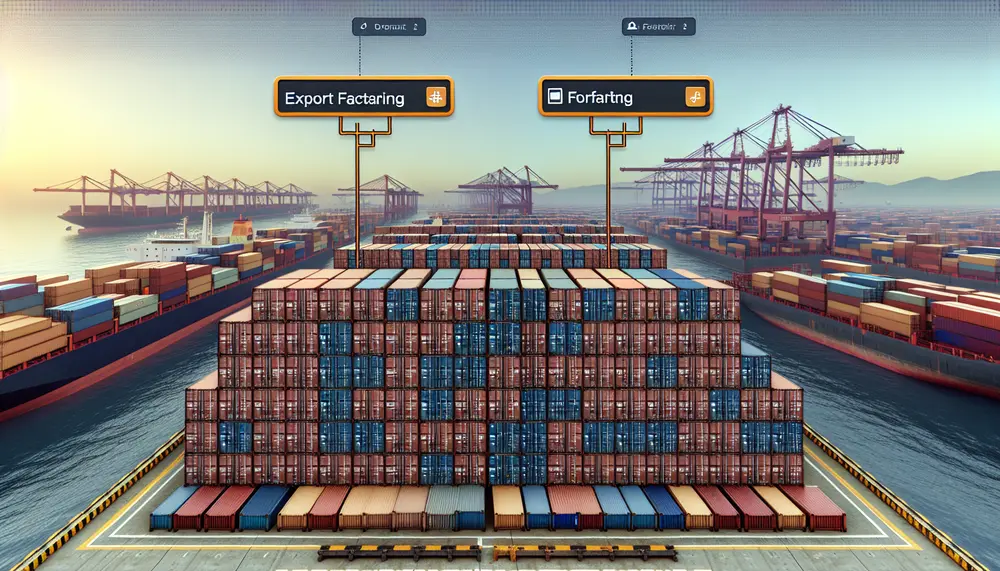Bad debt
Bad debt
Understanding Bad Debt in Financial Factoring
Bad debt is a term used to describe money that is owed to a company but is unlikely to be paid by the debtor. This situation often arises when a debtor becomes insolvent or refuses to pay due to a dispute. In the context of financial factoring, bad debt acquires a significant meaning, as it can impact the cash flow and risk management of businesses.
Impact of Bad Debt on Factoring
When a company uses financial factoring, it sells its invoices to a factoring company at a discount. The factoring company then collects payment from the customers. If a customer fails to pay, creating bad debt, it affects the factoring agreement. Depending on the type of factoring, the responsibility of the unpaid debt can fall either on the original company or on the factoring company.
Recourse vs. Non-Recourse Factoring
Recourse factoring means that the company selling the invoices must take back any invoices that are not paid, thus bearing the risk of bad debt. On the other hand, non-recourse factoring transfers the risk of bad debt to the factoring company. The factoring company cannot claim the money from the original company if the debt becomes uncollectible. Non-recourse factoring usually costs more because the factoring company takes on more risk.
Reducing Bad Debt in Financial Factoring
Companies can reduce the risk of bad debt by carefully selecting the customers whose invoices they sell to the factoring company. Credit checks and due diligence play vital roles in this process. Additionally, clear communication of payment terms and proactive debt collection can minimize the potential for bad debt. Timing is also essential; the sooner a company factors its invoices, the less likely it will face bad debt issues.
Bad Debt Reserve
Many companies establish a bad debt reserve, which is a pool of funds set aside to cover any potential bad debts that may occur. This reserve acts as a financial cushion, demonstrating a prudent approach to managing accounts receivable and potential bad debt within financial factoring.
Key Takeaway
Bad debt is an unavoidable element in the world of credit and transactions. By understanding how it affects financial factoring and taking steps to mitigate risk, companies can maintain healthier cash flows and more stable finances. Whether through recourse or non-recourse factoring, businesses should assess their strategies in dealing with unpaid invoices and bad debt mitigation.
Blog Posts with the term: Bad debt

Factoring is a financial transaction where businesses sell their invoices to a factor for immediate cash, providing liquidity and allowing them to focus on core activities. IFRS provides guidelines for reporting these transactions in financial statements, ensuring transparency and consistency...

Factoring is a financial strategy where businesses sell their invoices to a third party, the factor, for immediate cash flow without incurring debt. It provides not only accelerated funds but also credit management services and can be more flexible than...

Factoring is a financial strategy where businesses sell their invoices to a third party for immediate cash, improving liquidity without incurring new debt. It requires understanding terms like advance rates and fees, choosing the right factoring company with industry expertise,...

Factoring is a financial transaction where businesses sell their invoices to a factor for immediate cash, without incurring debt. It involves key players—the business selling the invoice, the factoring company (factor), and the debtor—and comes in two forms: recourse and...

Factoring in Germany involves businesses selling their invoices to a third party at a discount, providing immediate cash flow and mitigating credit risk. The German factoring market is well-established, supported by a strong legal framework, and offers benefits like enhanced...

Invoice factoring allows businesses to sell their outstanding invoices to a third party for immediate cash, improving cash flow and reducing credit risk. This service is particularly beneficial for SMEs in Germany, offering quick financing, flexible options, and enhanced growth...

Factoring is a financial transaction where businesses sell their invoices to a factor for immediate cash, improving cash flow and reducing payment wait times. The service includes advancing 70% to 90% of the invoice value upfront, collecting debts from customers,...

Factoring is a financial transaction where businesses sell their accounts receivable to a third party at a discount for immediate cash, improving their cash flow and working capital. It's an alternative funding method that doesn't increase debt, often used by...

Financial factoring is a transaction where businesses sell their accounts receivable to a third party at a discount for immediate cash, aiding in liquidity and managing cash flow. It involves an advance on the invoice amount from the factor who...

Factoring involves a business selling its invoices to a third party for immediate cash, while reverse factoring is when a financial institution pays the business's suppliers and gets reimbursed later by the business. Both methods improve cash flow but differ...

Factoring is a financial transaction where businesses sell their accounts receivable to a third party at a discount for immediate cash, which helps manage cash flow and credit risk. It involves two main types: recourse and non-recourse factoring, with the...

Factoring is a financial solution where businesses sell their invoices to a third party for immediate cash, improving cash flow without creating debt. This method benefits SMEs by providing funds for operations and growth but comes with potential downsides like...

Export factoring is a financial service where businesses sell their invoices to a factor for immediate capital, enhancing cash flow and transferring credit risk in international trade. Forfaiting involves selling longer-term receivables to a forfaiter who assumes all risks, turning...

An Export Factoring Agreement is a financial arrangement where exporters sell their invoices to a factor for immediate cash, easing cash flow and mitigating non-payment risks. It includes services like credit protection, invoice management, and fund advancement; terms vary widely...
